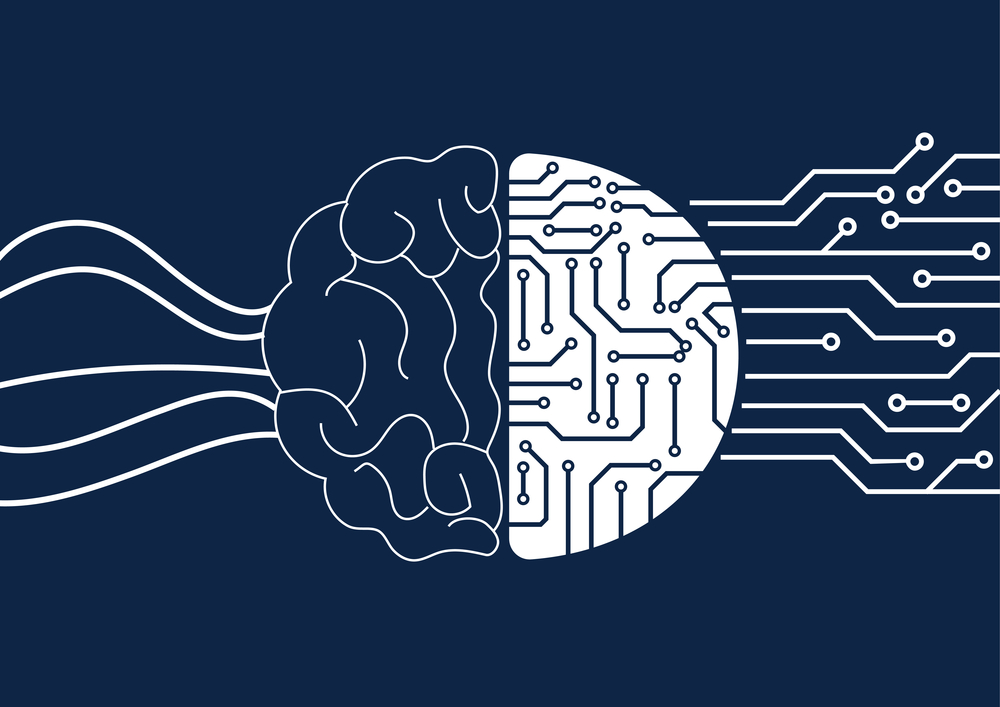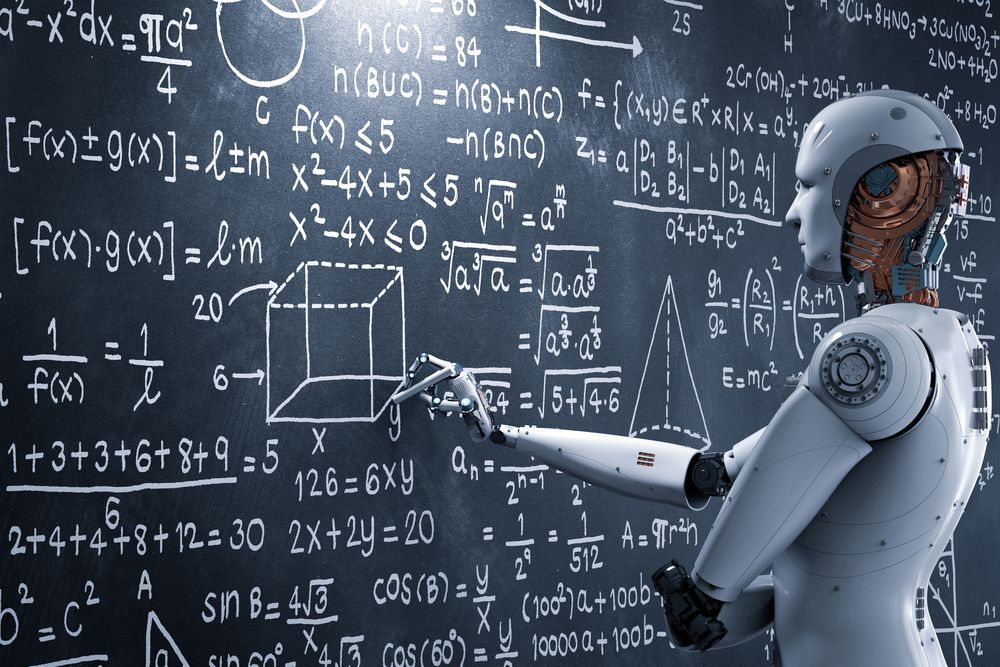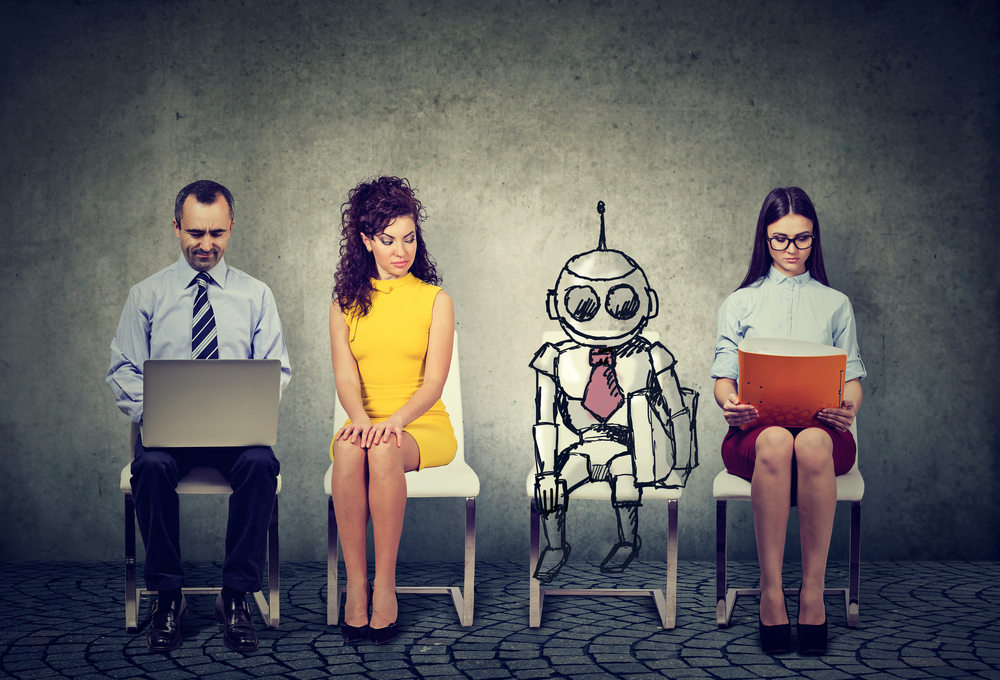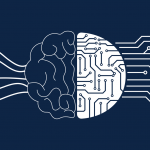AI & Business Basics: What is AI and how is it Useful for Businesses?

AI stands for artificial intelligence and is a term that we are quite familiar with today. Though sources suggest the idea that AI was a possibility was one that has been entertained since as far back as 1308, it was only following the 1970s that AI started becoming a reality. For some of us, AI integration in everyday activity may still seem like an alien concept (no pun intended), even though AI is existent in every other daily digital process we undertake!
We’re going to get into some AI basics for those of you who may require a little help in understanding how AI works, how it could benefit you, and so on.
What is AI?
AI or artificial intelligence, simply put, describes the ability of any machine to mimic or replicate human intelligence. Some of the actions that a machine would require to perform to be classified as artificial intelligence include:
- Learning
- Logic
- Reasoning
- Perception
- Creative thinking
As you can see, these are all basic intellectual actions that are native and natural to most humans.
What Are the 3 Types of AI?

Many people do not know this, but AI can be split into three categories. These categories include:
Artificial Narrow Intelligence
Artificial Narrow Intelligence, also known as ANI is, in a sense, the most basic form of AI. ANI is the result of an intelligence stream that focuses on the intelligent performance of a single ordained task. The single or focused task is the only one that the ANI machine or software can undertake. However, it does so in the smartest and most efficient possible manner. Speech recognition software is one of the most common examples of ANI.
Artificial General Intelligence
Artificial General Intelligence is also referred to as AGI, strong AI, or true AI. This is used to describe the form of AI that matches the concept most people hold relating to the same. AGI means a machine possessing the same will have a capacity to replicate certain human cognitive abilities nearly identically. In some situations, AGI focused on certain tasks that may even supersede human capabilities in that given area. This said AGI that matches human capabilities in both depth and scope has yet to be developed.
Artificial Super Intelligence
Though Artificial Super Intelligence is still the stuff of science fiction, so were the two forms of AI mentioned above! Artificial Super Intelligence or ASI as it is also called describes a machine whose capabilities far exceed those possessed by human beings. Where ASI might seem like an exciting prospect to many, one full of possibilities, the same could also be associated with nightmarish, sentient, free-thinking, and anti-human machines that could bring about global destruction. What direction will ASI take? At this point, it’s anybody’s guess!
What Are AI Subsets?

When we talk about AI, you’ve got a few specific subsets of the same that we feel are important to differentiate between. We’re talking about Machine Learning and Deep Learning.
Machine Learning
Quite commonly used and applied in businesses as well as industrially. Machine learning is the term used to describe a machine’s given the ability to process expansive data sets taking actions informed by the same. The same is effective when working with large bodies of information as well as groups of connected or IoT devices.
That said, the explanation above is the most basic possible concept of machine learning.
Deep Learning
Taking machine learning a few notches further, deep learning is what allows machines and computers to undertake functions and tasks which are more advanced. Using what are called neural networks, computers are able to perform non-linear reasoning and can, in a sense, evolve to undertake more complexed functions such as self-navigation and fraud detection.
What is AI in Business?
When it comes to business, AI is something that is becoming more and more integrated into daily business processes and this across industries. You’ve got AI used by sales and marketing teams, AI used in manufacturing and even AI used for large scale natural conservation and CSR! AI can also be used for hiring, business analysis, and other internal processes. Suffice to say, the applications of AI are nearly limitless and you can develop AI applications by retrocube.
How can AI can Benefit Businesses?
As a business owner or someone who works as a decision-maker in an organization, you might be looking to educate yourself with regard to AI and how it can benefit your business. We’ve highlighted some areas we feel AI integration can be extremely beneficial and elaborated on how this is so.
Real-time Support
Customer support is always tricky territory for companies and organizations. Setting up support centers, monitoring manpower or employees, and ensuring consistency are all challenges that most organizations struggle with.
AI experts are extremely helpful in optimizing pretty much all support and help related functions. Chatbots can help customers with basic information and guidance catering to hundreds of customers in a go. This ensures more customer satisfaction and also allows select human support agents to remain available for more complex support tasks where human discretion may be required.
Error Mitigation
Not to downplay the significance and importance of a human workforce, but human error can be a serious problem. This is especially the case when it comes to tasks that require precision. Being off the mark can result in anything from personal injury to product damage, leaving companies at a bit of a loss.
AI regulation can help decrease the error margin significantly, removing it altogether in some cases.
Efficiency
AI does not have bad days. AI doesn’t get sick. AI won’t require maternity or paternity leave and certainly won’t suffer from burnout. People might. Again, we’re by no means suggesting replacement of your human workforce with AI. All we’re saying is that AI can help you seriously improve organizational efficiency. Some useful AI capabilities that raise efficiency include:
- Making better decisions using massive bodies of business data to inform the same.
- Working consistently eliminating what adds up to hours of wasted time.
- Helping companies reduce additional employee costs.
The combination of these three AI-based optimization points helps lower costs, improve results, and raise the overall efficiency of an organization or company.
What about People?

Any respectable organization or manager values and appreciates the importance of a human workforce. The introduction and integration of AI is not about the replacement of human labor. It is about facilitating your human workforce and raining efficiency. In a sense, AI could help your human workforce improve quality focusing on certain tasks leaving your machines to deal with the repetitive and mundane.
You could save on certain expenses and pay those who do work for you a lot better, ensuring that your employees are as happy and satisfied as your clients. The world is changing fast, and we’re expecting some huge alterations in the way we run and conduct businesses in the coming years.
AI is something that will soon become integral to every business, which is why it would help those of you who are lagging in this area to get with the program! AI is not about rendering human labor useless – it’s about making life easier for everyone involved!



